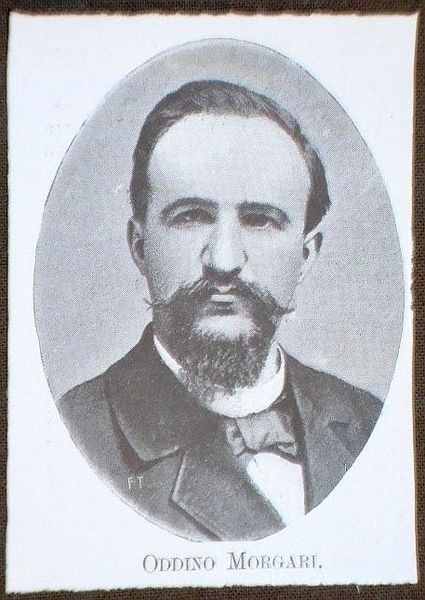The Zimmerwald Conference was held in Zimmerwald, Switzerland, from September 5 to 8, 1915. It was the first of three international socialist conferences convened by anti-militarist socialist parties from countries that were originally neutral during World War I. The individuals and organizations participating in this and subsequent conferences held at Kienthal and Stockholm are known jointly as the Zimmerwald movement.
The Hotel Beau Séjour, site of the Zimmerwald conference, in 1864
Oddino Morgari
Robert Grimm
Henriette Roland Holst
Antimilitarism is a doctrine that opposes war, relying heavily on a critical theory of imperialism and was an explicit goal of the First and Second International. Whereas pacifism is the doctrine that disputes should be settled without recourse to violence, Paul B. Miller defines anti-militarism as "ideology and activities...aimed at reducing the civil power of the military and ultimately, preventing international war". Cynthia Cockburn defines an anti-militarist movement as one opposed to "military rule, high military expenditure or the imposition of foreign bases in their country". Martin Ceadel points out that anti-militarism is sometimes equated with pacificism—general opposition to war or violence, except in cases where force is deemed necessary to advance the cause of peace.
It Shoots Further Than He Dreams. Antimilitarist cartoon by John F. Knott. First published in March 1918.
Cover of the Piano Score for the light opera The Chocolate Soldier, based on George Bernard Shaw's Arms and the Man – both of which make fun of armies and militarist virtues and present positively a deserter who runs away from the battlefield and who carries chocolate instead of ammunition.
Mihály Zichy painting "The Victory of the Genius of Destruction", made for Paris Exposition of 1878, was banned by French authorities because of its daring antimilitarist message.







